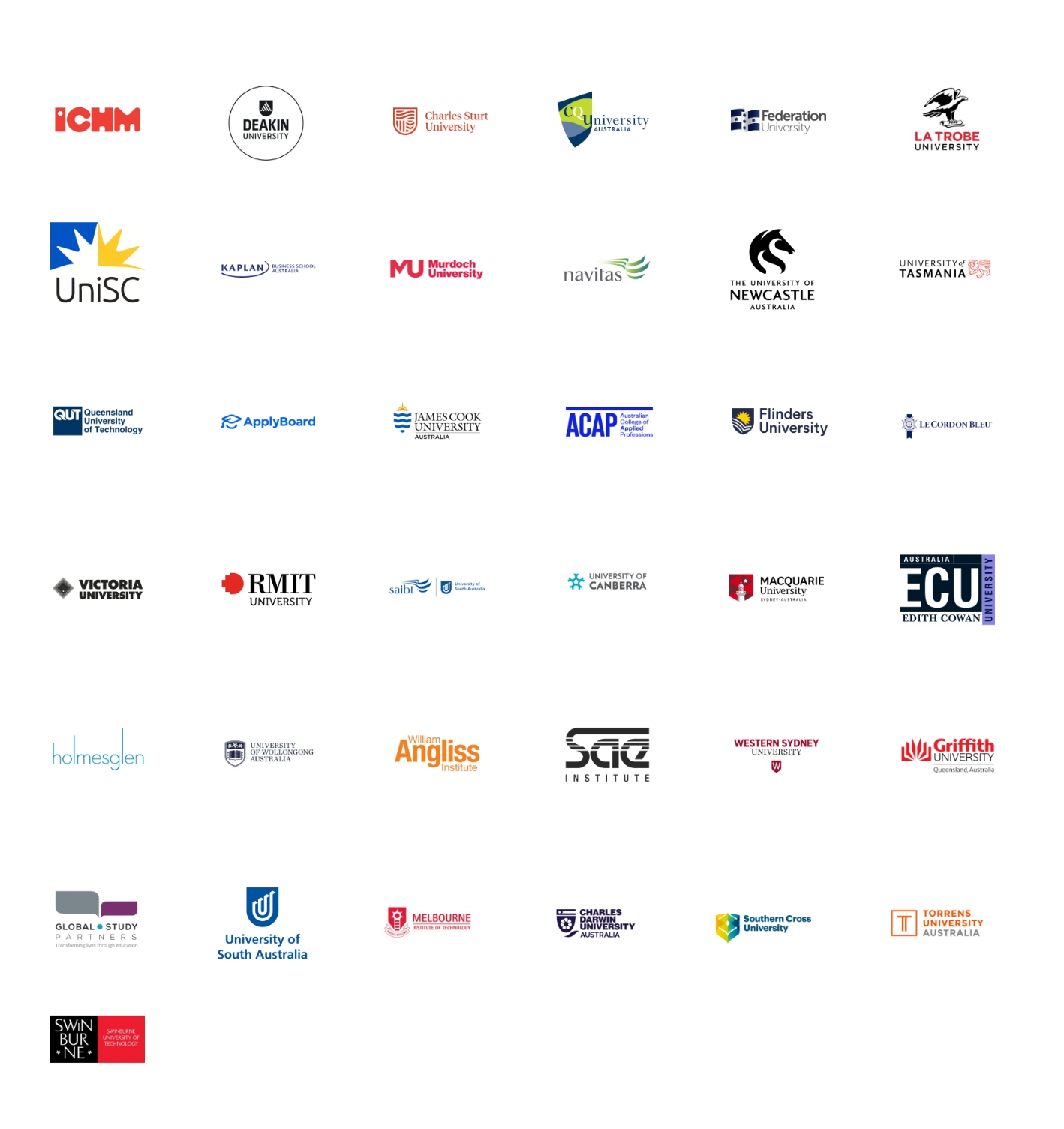Australia
Why Study in Australia?
Bachelor’s degree = Completion of GCE Advanced Level or Year 12 equivalent (subjects should be relevant for the chosen degree) with minimum three simple passes (top-ranked universities will require higher grades) and IELTS overall score of 6.0 – 6.5 with no band less than 6.0
Master’s degree = Completion of an accredited Bachelor’s degree (preferably in the same field of study) with minimum 1st class or upper 2nd class honours and IELTS overall score of 6.5 – 7.0 with no band less than 6.5. Relevant work experience is also desirable.
Doctoral degree = Completion of an accredited Master’s degree (preferably in the same field of study) and IELTS overall score of 7.0 – 7.5 with no band less than 7.0. Relevant work experience and existing research publications are also desirable.
The GTE assessment is your opportunity to prove that you’re a genuine temporary entrant and a genuine student. This means you intend to live in Australia temporarily for the purposes of studying abroad rather than merely wanting to settle down there. Even if you do change your mind later on and plan to stay in Australia permanently, it’s best to indicate that your current intention is only to study in Australia.
The GTE assessment includes a questionnaire and a personal statement. Some students may also take part in an interview depending on the selected university.
When writing your personal statement, back up any claims you make with supporting documents. Depending on your professional and academic history, these may include:
• Academic transcripts and certificates
• The name and address of your current employer
• References to confirm your most recent employment
• Documents confirming your employment or business activities from the past year
• Income tax returns or bank statements
• Evidence of family, social, or financial ties to your home country
Once you’ve submitted your GTE Australia application, there are a few ways it could proceed. Sometimes applications will be accepted immediately. Other times, the GTE assessment team will request more information. Or they may ask you to participate in a GTE interview.
Here are some common GTE interview questions asked at a GTE Australia interview.
Why did you choose this course?
Talk about the classes you’ve registered for, the ones you’re looking forward to, the potential for research, and any work-integrated learning opportunities.
Explain how this course helps you meet your study goals. Is there a professor you’re excited to study with? Do classes integrate theoretical and practical learning, preparing you to succeed in your field?
Share examples of job opportunities and salaries in your field that you could get after graduation. Compare those to roles you’re currently eligible for.
Major cities: Sydney / Melbourne / Brisbane
Regional cities eligible for the Extended PSW: Perth / Adelaide / Gold Coast / Wollongong / Canberra / Darwin / Hobart
Primary Education – Running for about seven years, from kindergarten or preparatory to Year 6 or 7.
Secondary Education – From Year 7 to Year 10, the programme lasts roughly four years.
Senior Secondary Education – This refers to the final two years of secondary school, namely Years 11 and 12.
Tertiary Education – Higher education (including universities) and vocational education and training
1. World-class education – Australian institutions offer premium training and research facilities, have knowledgeable and passionate lecturers, and are consistently ranked in the top 100 global university rankings. With over 22,000 courses and 1,100 higher education institutions across the country, students are sure to find something that suits their study goals and professional aspirations. Higher education institutions in Australia are regulated by the Australian Government and undergo formal quality assurance audits to ensure students receive the best university experience.
2. High standard of living – Australian cities are consistently ranked as some of the most desirable places to live. Melbourne, Sydney, Brisbane, Canberra, Adelaide, and Perth are all in the top 50 student cities, according to the QS Best Student Cities 2024 rankings.
3. Student support services – Australian institutions provide a wide range of student support services to help students settle into their new life in Australia. Students have access to on-campus services such as orientation programmes, counselling, health and wellbeing support, academic and English language assistance, career advice, and student associations. The Council of International Students Australia (CISA) is a national student association that supports the necessities and concerns of international students studying at the postgraduate and undergraduate level, a private college, an English language course, or a foundation course.
4. Work while studying – International students are allowed to work up to 40 hours over a two-week period during the semester and full-time during semester breaks. This is a great way for students to find work related to their field of study or part-time work to help fund their education and lifestyle in Australia. There are also opportunities for graduate work visas.
10 – 100 per cent (depending on the university and applicant’s overall profile and past achievements)
1st year = AUD24,505 (Main applicant) : AUD8,614 (Adult dependant) : AUD3,688 (Child or additional dependant)
Part-time upto 20 hours per week and full-time during semester breaks.
Relatively easy. Most international graduates secure full-time employment within just 3-6 months upon graduation.
Bachelor’s degree = 4 years (+1 year for regional areas)
Master’s degree = 5 years (+1 year for regional areas)
Doctoral degree = 6 years (+1 year for regional areas)
You can apply for PR when your post-study work visa is close to the expiry date.
Our Partners and Principals

